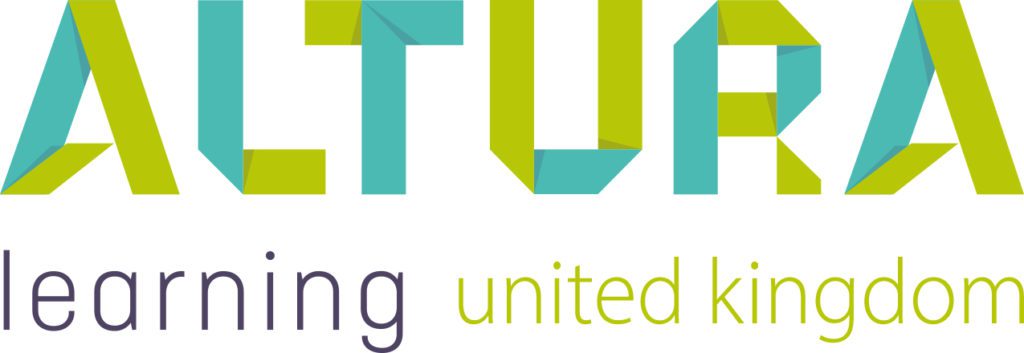Home | Altura Blog |
Individual Choice and Decision-Making
September 11, 2021 | Altura Blog
Topic:
r
Course Aim: Every person we care for has individual needs and preferences. This course outlines the principles of person-centred care, examines the importance of individual choice and decision-making and identifies strategies to support individuals to exercise choice.
Learning Outcomes:
- Explain what person-centred care is
- Recognise the role of individual choice and decision-making in person-centred care
- Describe potential barriers to providing person-centred care and promoting individual choice
- Identify practical strategies to support individual choice and decision-making
How to achieve an equal partnership with individuals in the design and delivery of person-centred care
Person-centred care focuses on the concept of partnering with the individual, rather than deciding for the individual. This is a key principle when designing and delivering appropriate and effective care and support.
How can this partnership be achieved?
- The individual needs to be placed at the centre of the care design. This is where the term ‘person-centred care’ comes from.
- The needs of the individual must take priority over the needs of the service.
- The rights of the individual to make their own choices and decisions, must be valued and upheld.
Every individual has the right to live their life the way they choose, without fear, judgement or restriction. Whilst staff may need to support an individual throughout the decision-making process, it is essential that staff do not influence those decisions, based on their own personal values, beliefs or judgements.
There’s a common misconception that people with a physical or cognitive impairment can no longer make choices or complete simple tasks on their own. The ability to make choices – even small ones – should be encouraged and enabled, assessing and managing the risk where required, and drawing on appropriate support, as required.
For some individuals, decision-making may be challenging. Staff have a duty of care to provide appropriate, non-bias information that supports individuals to make informed decisions, recognising that every individual has the right to make a decision that others may disagree with or feel is unwise.
Here are Altura Learning’s top 3 tips to supporting individual choice and decision-making in the care setting:
- Plan care with the individual. Spend time getting to know the individual and identifying what matters most to them. The services, information and opportunities you provide should reflect their values and preferences.
- Don’t make assumptions. Every individual is unique. Don’t assume that you know what is best for them. Give them the time and resources to make meaningful, informed decisions that allow them to live their life the way they choose.
- Communicate effectively. Consider the communication barriers that may impact on how someone engages with the decision-making process e.g. cognitive impairment, sensory loss, language barriers. Adjust your approach for each individual and adapt the information and resources you provide, to meet their needs.
If you would like to learn more about person-centred care and supporting choice, take a look at our latest course Individual Choice and Decision-Making. This course provides an in-depth look at practical strategies to support choice and effectively partner with individuals, in the residential care setting. It explores the barriers to providing person-centred care and highlights the key decision-making principles that should be upheld for every individual.


